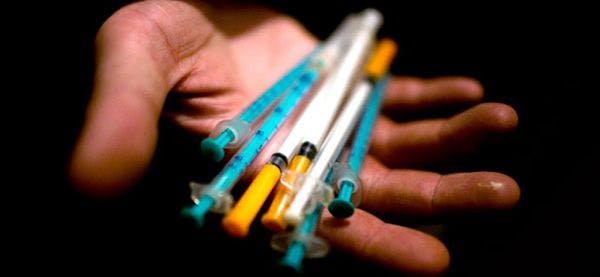In defence of giving drug users free needles in the Philippines
In 2007, less than 1% of Cebu’s population of people who injected drugs (PWIDs) tested positive for HIV (human immunodeficiency virus). In only six years that number grew to an alarming 48%.
Hoping to curb the epidemic of HIV and Hepatitis C, the local government of Cebu -- together with the Department of Health, the Dangerous Drugs Board, and several nongovernment organizations -- embarked in an operations research that provides PWIDs with clean syringes and other treatment and counseling services. As part of this research project, they established a “safe zone” where PWIDs and health workers cannot be arrested for possession of drug paraphernalia as long as it’s in relation to the study.
When officials advocating against illegal drugs caught wind of the study, there was an immediate call for it to be stopped, fearing that we were “sending the wrong message.”
On the surface, anti-drug advocates’ concerns may seem understandable. It did seem like we were surrendering to drugs by giving people the tools to use them. Yet, countries all over the world, Eastern and Western, have undertaken similar programs. What do they and local supporters of the program see that anti-drug advocates don’t?
What does the evidence say?
HIV is primarily transferred among PWIDs through the sharing of infected needles, and crosses to other populations through sex among spouses and partners and sex workers. By providing clean syringes, we dramatically reduce the risk of HIV infections through needle sharing.
Decades of evidence the world over shows us that this is what needle distribution programs do: they help. They not only decrease HIV prevalence but they also decrease the number people who start injecting drugs, and they increase people pursuing further recovery, counseling and rehabilitation. This type of preventive intervention is also thousands of pesos cheaper than lifetime ARV (anti-retroviral) treatment. The cost to prevent one HIV infection has been calculated at $4,000 to $12,000, considerably less than the estimated $190,000 (listed in 1997 dollars) medical costs of treating a person infected with HIV .
Click here to read the full article.
Keep up-to-date with drug policy developments by subscribing to the IDPC Monthly Alert.
